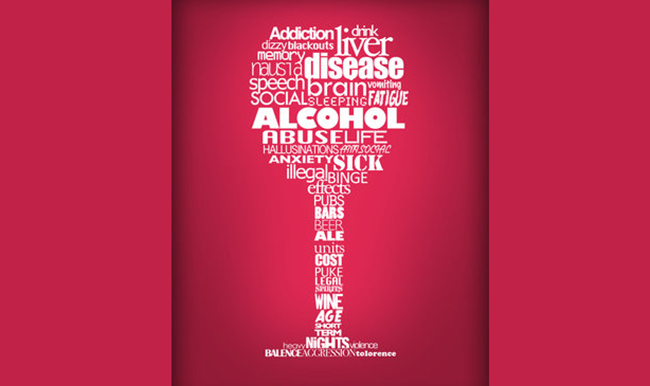 For nearly three decades, Alcohol Awareness Month has been observed in April. The National Council on Alcoholism and Drug Dependence (NCADD) created this campaign “to increase public awareness and understanding aimed at reducing the stigma associated with alcoholism that too often prevents individuals and families from seeking help.” To kick things off, the NCADD encourages all Americans to refrain from alcohol use during the Alcohol-Free Weekend, April 3-5.
For nearly three decades, Alcohol Awareness Month has been observed in April. The National Council on Alcoholism and Drug Dependence (NCADD) created this campaign “to increase public awareness and understanding aimed at reducing the stigma associated with alcoholism that too often prevents individuals and families from seeking help.” To kick things off, the NCADD encourages all Americans to refrain from alcohol use during the Alcohol-Free Weekend, April 3-5.
This year’s theme, “For the Health of It: Early Education on Alcoholism and Addiction,” puts an emphasis on reducing underage drinking. According to the NCADD, young people who begin drinking before the age of 15 are four times more likely to develop alcohol dependence than those who begin drinking at age 21.
The Mayo Clinic defines alcoholism as “a chronic and often progressive disease that includes problems controlling your drinking, being preoccupied with alcohol, continuing to use alcohol even when it causes problems, physical dependence or having withdrawal symptoms when one stops drinking.” An estimated 20 million people are living in recovery. Alcohol continues to impact individuals, children, families, businesses and communities.
Here are a few facts about alcohol abuse from the NCADD:
- Alcohol is the most commonly used addictive substance in the United States.
- One in every 12 adults (17.6 million people) suffers from alcohol abuse or dependence. An estimated 20 million people are living in recovery.
- Alcohol-related problems cost America $224 billion ($746 per person) in lost productivity, absenteeism, healthcare costs, crime and family-related problems.
- More than 7 million children live in a household where at least one parent is dependent on or has abused alcohol.
- Approximately 100,000 people die each year from alcohol-related causes such as vehicle crashes, accidents, falls, fires, alcohol-related homicides and suicides.
You can download the organizer’s guide to plan alcohol awareness activities for your organization.
For more information about drug testing, visit our website.
 Your Privacy Choices
|
Privacy Notices
|
Terms
|
Language Assistance / Non-Discrimination Notice | Asistencia de Idiomas / Aviso de no Discriminación | 語言協助 / 不䈚視通知
Your Privacy Choices
|
Privacy Notices
|
Terms
|
Language Assistance / Non-Discrimination Notice | Asistencia de Idiomas / Aviso de no Discriminación | 語言協助 / 不䈚視通知






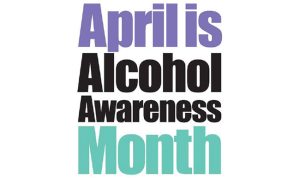


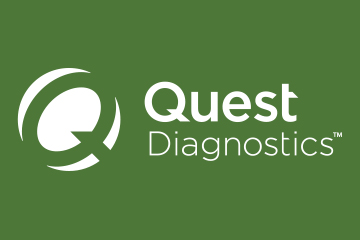
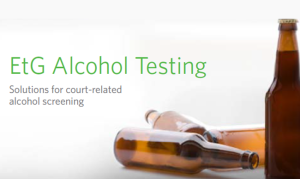
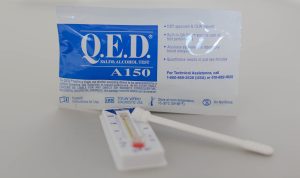






This year’s theme, “For the Health of It: Early Education on Alcoholism and Addiction,” puts an emphasis on reducing underage drinking. According to the NCADD, young people who begin drinking before the age of 15 are four times more likely to develop alcohol dependence than those who begin drinking at age 21.
The Mayo Clinic defines alcoholism as “a chronic and often progressive disease that includes problems controlling your drinking, being preoccupied with alcohol, continuing to use alcohol even when it causes problems, physical dependence or having withdrawal symptoms when one stops drinking.” An estimated 20 million people are living in recovery. Alcohol continues to impact individuals, children, families, businesses and communities.
Here are a few facts about alcohol abuse from the NCADD:
You can download the organizer’s guide to plan alcohol awareness activities for your organization.
For more information about drug testing, visit our website.